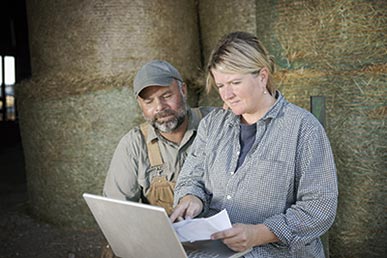Cybercrime Still a Hot Topic

We have written a couple of times about cybercrime on this blog (click here) and it continues to be a hot topic theme in all industry conferences, articles, etc. I attend or read. Accounting Today recently published another article regarding cybercrime (Cybercrime and the CPA) and has some basic suggestions all entities should have in place. These suggestions I feel are the very basic measures all entities should employ, regardless of size and complexity:
- Firewalls to protect network computers from external attack
- Up-to-date antivirus software
- Updated operating systems and key business applications
- Encryption of key data
- Data backup systems
- A disaster recovery plan
It is not uncommon when we talk with our clients about cyber security that they will recognize the potential problem, but don’t really address the risk for a number of reasons, the most common being “we are too small, it won’t happen to us.” Based on the different seminars I have attended and articles I have read, if you have any personal information (medical records, social security numbers) or any financial accounts, which all agribusinesses do, you are a potential target.
Hopefully you will never have to deal with any cybercrime, I have heard of agribusinesses losing thousands and sometimes hundreds of thousands to recover fully and the above suggestions will certainly not guarantee you are completely protected. However, hackers generally will go after the easiest targets, so if you can make your agribusiness just a little more difficult to hack into, the hackers may just move on to their next target. A colleague recently used the “you don’t have to run faster than the bear, just the person next to you” analogy when discussing cybercrime protection and I think that fits very well here.
CliftonLarsonAllen, LLP
David Enquist is a certified public accountant with CLA’s agribusiness and cooperative team specializing in audit, tax, and consulting services for all agribusiness types, from the small family farm to the larger packing, processing, and merchandising agribusinesses. David is a manager with CLA in Moses Lake, Washington, and was raised and spent most his life in rural eastern Washington. He has spoken at a number of different industry conferences in the Pacific Northwest. David has a passion for helping agribusinesses and their owners succeed in an ever increasingly complicated financial, tax, and regulatory environments.

Comments are closed.